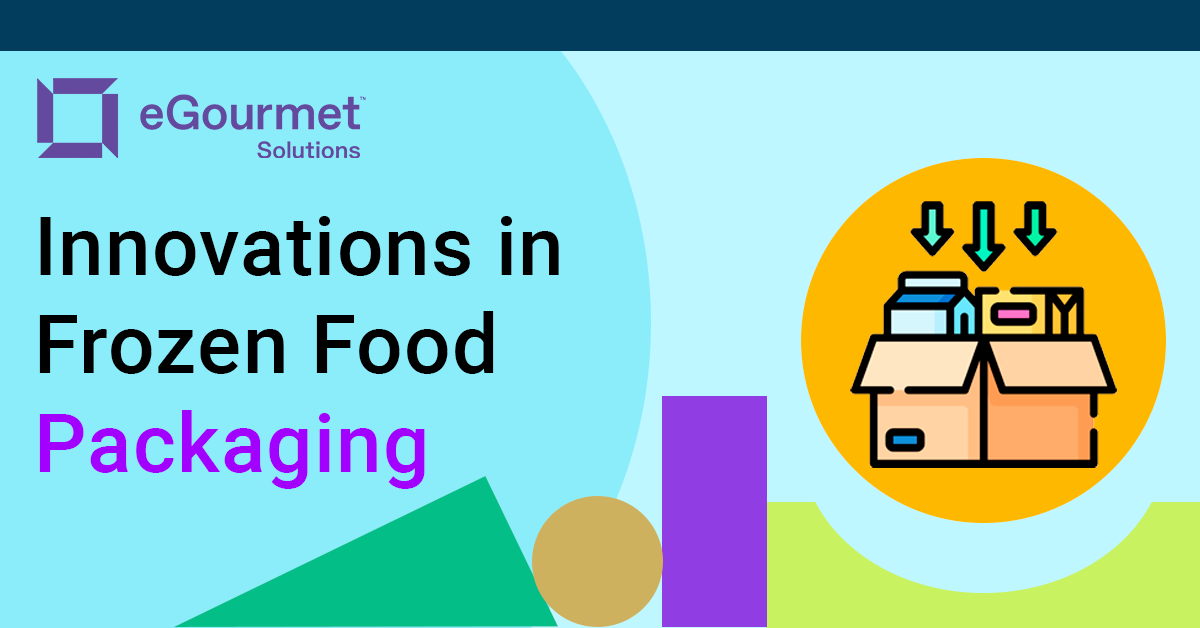
The frozen food packaging industry is currently witnessing significant innovations geared towards sustainability, efficiency, and consumer convenience. A major focus is on combating plastic pollution and embracing eco-friendly practices. The industry is increasingly aligning with international regulations such as the European Union’s new Packaging and Packaging Waste Regulation driving the shift towards reusable and recyclable packaging. This is supported by rising consumer awareness and retailer commitments to sustainability which are major factors in the adoption of recyclable and reusable packaging solutions (Frozenet.com).
Technological Frozen Food Packaging Innovations
Technological innovations are also playing a key role in enhancing cold chain packaging solutions. Smart technologies are being integrated into packaging, providing real-time tracking of temperature, humidity, and other crucial factors, ensuring the integrity of perishable goods throughout the supply chain. Additionally, sustainable materials that prioritize both functionality and eco-friendliness are being increasingly adopted. Advanced insulation technologies like aerogels and phase change materials are setting new standards in temperature control, moving beyond traditional methods like dry ice (Packaging Strategies).
Practical Aspects of Frozen Food Packaging
The practical aspects of frozen food packaging like protection from spoilage and moisture are also being addressed. Innovations in materials and design are making packages more durable, insulating, and capable of withstanding extreme temperatures. For example, the use of bioplastics and “paperization” – switching from plastic to fiber-based materials – is growing. Reusable packaging across all food categories is also impacting packaging development (Frozen Foods Biz).
Sustainable Frozen Food Packaging
Additionally, there’s a growing trend of using organic waste materials in sustainable product manufacturing. For instance, companies like Junai and Huskee are utilizing materials such as coffee husk, alginate, oyster shells, and paper waste in their packaging solutions. Retailers like M&S and Ocado are also introducing innovative recycling initiatives and sustainable packaging options (Foods Connected).
Labeling for Frozen Food Packaging
Lastly, the industry is facing challenges in labeling requiring materials that can withstand low temperatures and moisture without compromising on branding and variable data like expiration dates. Companies like Mondi are focusing on creating functional barrier papers from responsibly sourced natural fibers designed for recycling and replacing plastic in specific applications (Packaging Insights).
In conclusion, the frozen food packaging industry in 2024 is at the forefront of sustainability, technology, and efficiency. The industry’s shift towards eco-friendly practices, coupled with technological advancements, is not only meeting regulatory and consumer demands but is also paving the way for a greener and more sustainable future.